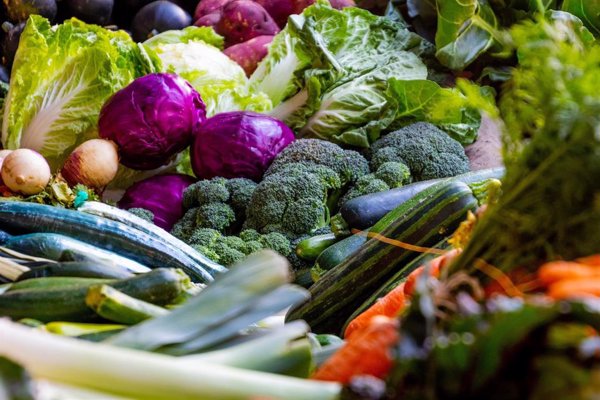Nutritionists say that 13% of Spaniards do not have access to nutritious and safe food.


Dietitians have produced a Manifesto on the Visibility of Food Insecurity in Spain, which condemns the rise of food poverty in Spain as 6.7 million people in Spain (13.3%) lack physical access, consistent social and economic access to safe food. nutritious food is available in sufficient quantities to meet their nutritional needs, so ensuring access to a basic food basket is essential.
The manifesto presented at the IV Forum on Responsible Nutrition, held in Barcelona last weekend as part of NutriExpo, exposes this problem, which is affecting more and more homes in Spain. Single-parent families, large families and older people suffer the most. Children are especially concerned, since malnutrition situations in families with fewer resources are twice as high as in families with higher incomes.
This document is promoted by the General Council of Official Colleges of Dietitians (CGCODN) and the Spanish Academy of Nutrition and Dietetics, and in collaboration with Acción contra el Hambre and the Global Research on Wellbeing (GroW) research institute.
“The right to food is basic and fundamental. As a society, we cannot allow families to exist without economic access to a healthy and sustainable basic food basket,” says CGCODN President Manuel Mognino. “Food poverty increases the risk of chronic diseases at the physical and mental level, which entails very high economic costs and, above all, irreparable losses in the well-being and quality of life of citizens,” he adds.
The main reasons for the increase in food insecurity, as Antonio Vargas, head of health and nutrition at Acción contra el Hambre, explained during the Forum, are “lack of job security and poverty; in the case of Spain, employment indicators are improving but poverty indicators are worsening, indicating that having a job does not guarantee food security.
“Food insecurity creates coping mechanisms: low consumption of fresh food, smaller amounts of food eaten, fewer meals and meals per day and, conversely, more processed and refined foods, calories with low nutritional value and a more sedentary lifestyle,” he added. .
The forum also released the results of the Dietitian’s Knowledge and Skills in Food Insecurity survey conducted by the General Council of Dietitians and Dietitians and the Global Research Group on Wellbeing (GRoW). ), Faculty of Health Sciences Blanquerna, Ramon Llull University.
Thus, the director of the GRoW Institute, Elena Carrillo, said that situations of food insecurity are serious and frequent. “Seriously, because they create nutritional deficiencies, physical and mental illness, negative emotions, shame and toxic habits. They are common because they affect 13.3% of Spaniards, 9.5% of Europeans and a third of humanity,” he said.
Carrillo also emphasized the key role of the dietitian nutritionist and the need to train the team to “act in the role of Ask, Act, Advocate, which is “Ask (gather data and information), Act (address).” and Right to Food Advocate.”
For his part, the President of the Spanish Academy of Nutrition and Dietetics, Giuseppe Russolillo, emphasized “the fundamental role of adequate nutrition for the health and well-being of the entire population, as well as the right of everyone to access the food necessary to obtain it.”
Faced with this situation, CGCODN and the Academy call on all agents involved to raise awareness and take action to improve the identification and monitoring of food insecurity and malnutrition in Spanish homes, and to guarantee protective measures that guarantee food security for people. risk.
The entities promoting and collaborating with this Manifesto have invited public and private institutions, institutions and organizations to join it in order to commit themselves to helping raise awareness of food poverty in Spain.
The goal is to achieve the largest number of adherence to raise awareness, raise awareness and learn to identify at-risk groups to guarantee food security for all by facilitating access to a healthy, sustainable and affordable basic food basket.